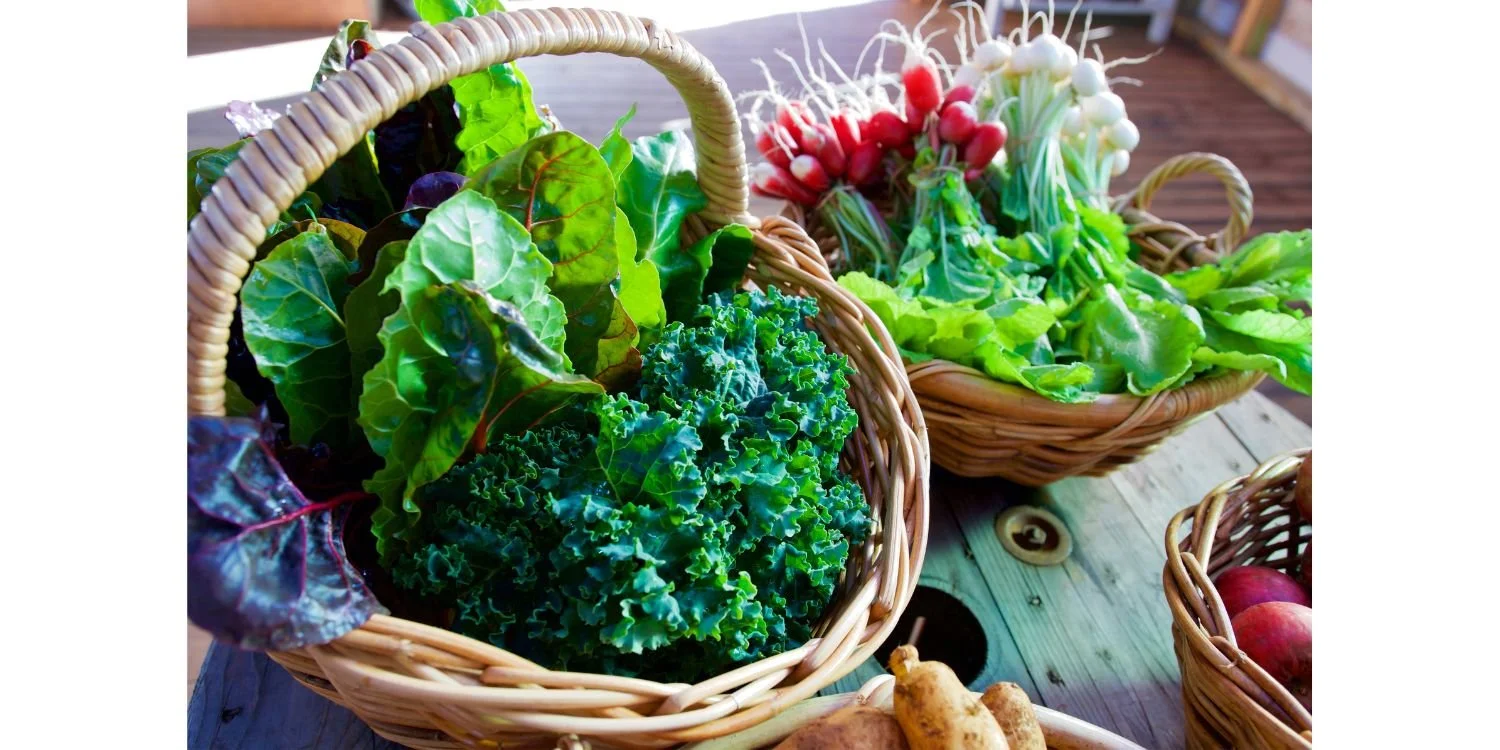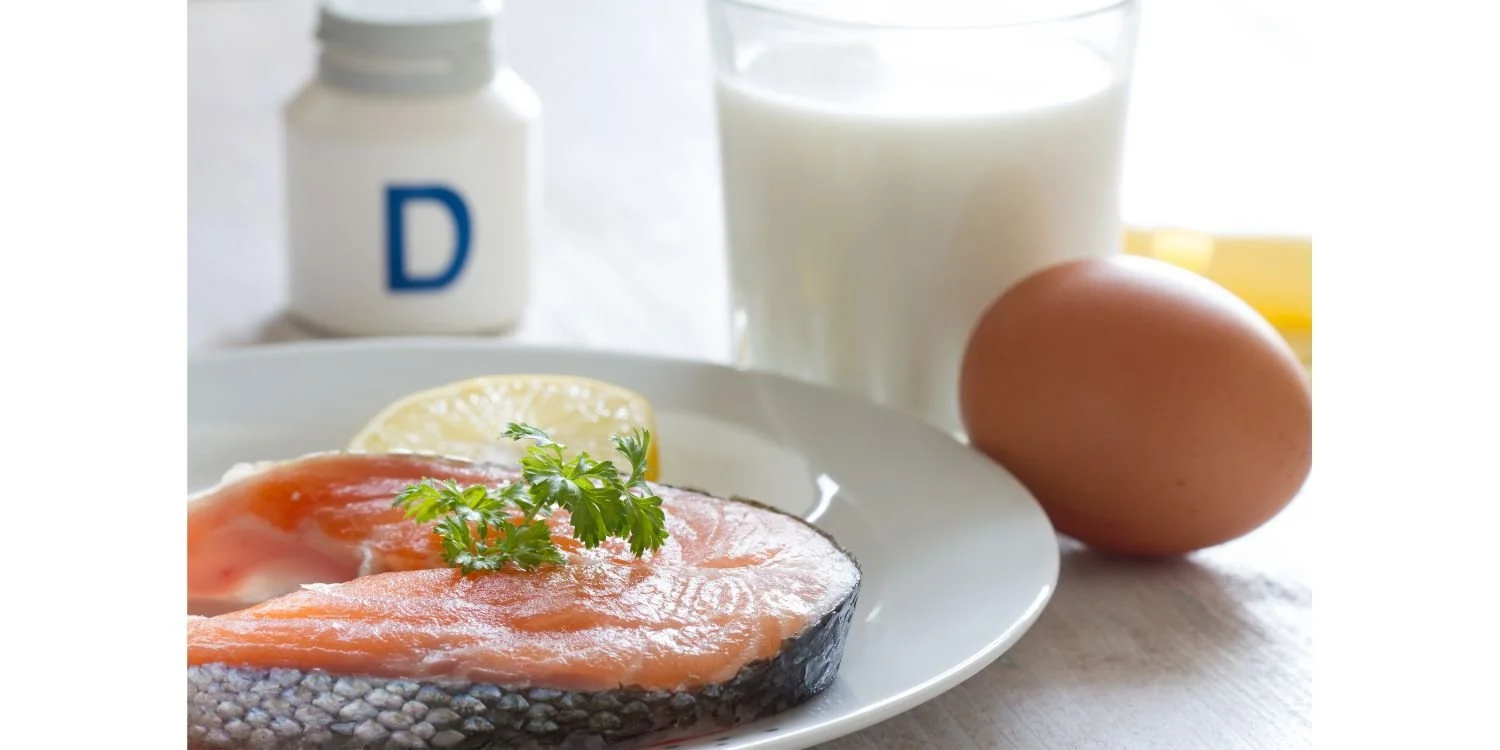What is osteoporosis?
Globally 1 in 3 women and 1 in 5 men aged 50 years and over will suffer an osteoporotic fracture. Osteoporosis affects bone health, causing them to become brittle and break easily – even as a result of a minor fall, a bump or sudden movement. Fractures caused by osteoporosis can be life-threatening and a major cause of pain and long-term disability.
The good news is that diet and lifestyle measures can be taken to prevent osteoporosis and related fractures. Our dietitian Hollie shares some useful bone health tips that can benefit adults at any age to help keep their bones strong and healthy.
1. Include rich sources of calcium daily
Calcium is one of the main ingredients of bone, and is a very important mineral for bone and joint health. It’s also essential for cell, muscle, heart, and nerve function.
Sources of calcium in the diet include:
Dairy foods such as milk, cheese and yoghurt - aim for 2-3 servings per day through a combination of these foods. Serving size equals 200mls (glass) of milk, 25g (matchbox size) cheese or 150g (pot) yoghurt.
Plant-based dairy alternatives which are fortified with calcium such as almond milk or soy yoghurt. Avoid organic versions of these foods as they are not fortified with calcium.
Hard set tofu
Dark leafy greens
Tahini/sesame seeds
Sardines (with bones)
2. Eat a balanced diet To Support Bone Health
While calcium is an essential nutrient for bone health, other nutrients and vitamins are required in the diet to support strong bones and joints such as protein, magnesium, phosphorous, and potassium.
Sources of these nutrients include fruits, vegetables, legumes, nuts, seeds, and lean proteins which can be obtained through healthy balanced eating.
3. Take a vitamin D supplement in the winter months
Vitamin D is important for many body systems, and is one of the most important vitamins for bone and joint health. We obtain the majority of our vitamin D through sun exposure, however in Ireland sun exposure is reduced for many of us in the winter months. For this reason, it is recommended that all adults should supplement with a vitamin D supplement from October to March which contains 600IU / 15µg.
For adults of darker-skinned ethnicity and for individuals of all ethnic groups who are pregnant, a daily vitamin D supplement containing 15 µg (600 IU) should be taken throughout the full year.
Food sources of vitamin D include salmon, mushrooms, egg yolks, fortified milk or orange juice. Even if you consume these foods regularly – it is still advisable to take a vitamin D supplement to ensure adequate intake and to support optimal bone health.
4. Exercise regularly To Strengthen Bones
Exercise is so important for many aspects of health – our bones included! The best type of exercise to strengthen bones are a combination of weight-bearing / impact exercise and muscle strengthening exercises.
Weight bearing exercise with impact are any exercises involves being on your feet and adding an additional force or jolt through your skeleton. Examples include: brisk walking, jogging, volleyball, skipping or jumping jacks.
Strengthening the muscles is important as the stronger the muscles are, the harder they pull on your bones which in turn strengthens the bones. Examples of muscle strengthening exercises include – bodyweight exercises (e.g. squats, push up’s, sit up’s), weight lifting, Pilates and more active forms of yoga (e.g. vinyasa or ashtanga).
5. Avoid smoking and limit alcohol
A high alcohol intake is associated with an increased risk of osteoporosis, fracture risk and falls. Aim to stay within the safe intake guidelines which are 11 standard drinks per week for women and 17 standard drinks per week for men. Both women and men should aim to have at least 2 alcohol free days per week.
We know that smoking any amount of cigarettes is damaging to general health and no safe intake is recommended. Smoking effects bone health as it leads to an increase in bone loss, risk of osteoporosis and hip fracture.
Summary of Bone Health advice:
Get enough calcium through dietary sources
Eat a balanced and varied diet
Take a vitamin D supplement
Exercise regularly
Limit alcohol and don’t smoke
Today, 20th October, is World Osteoporosis Day - find out more here!
Read more about nutrition for osteoporosis here.
Written by: Hollie Corrigan, CORU Registered Dietitian with Spectrum Nutrition



